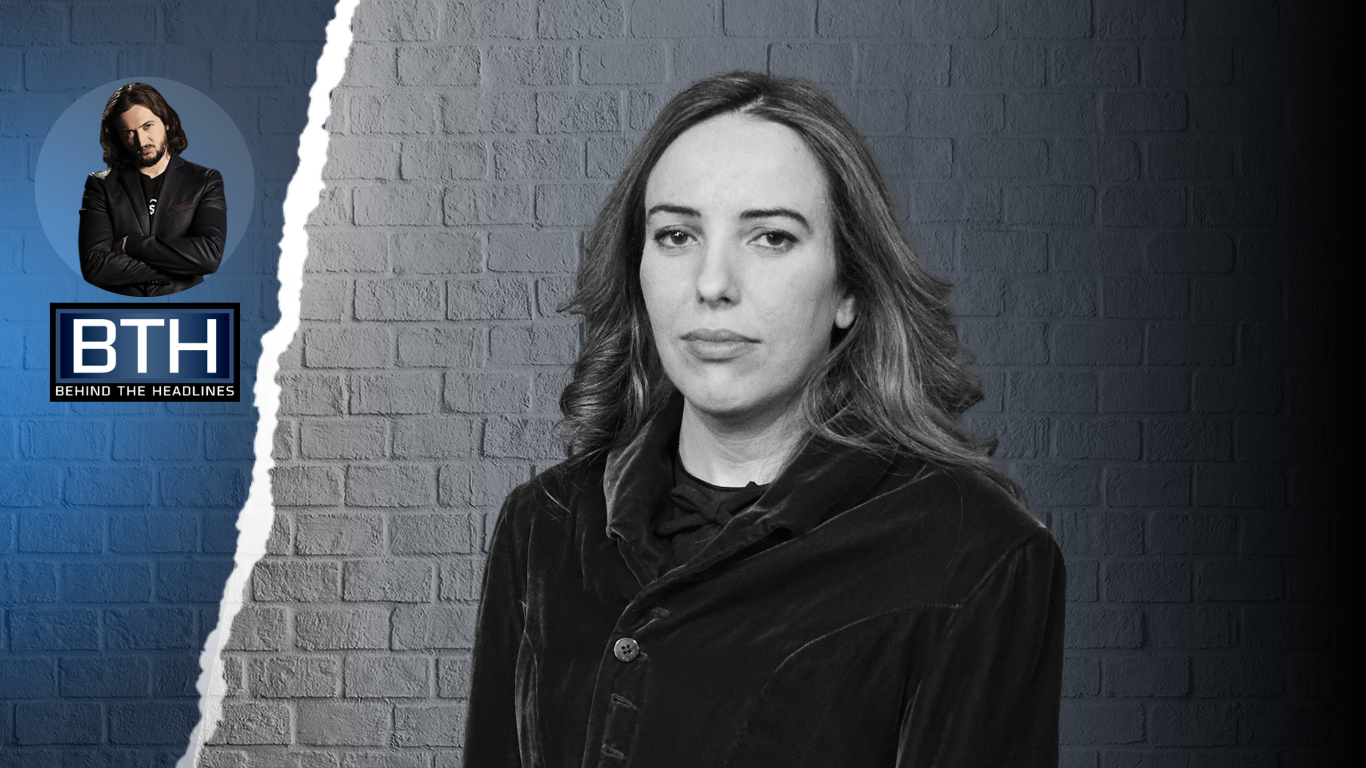As the wife of Julian Assange, the founder of WikiLeaks, Stella Assange has been a witness to the effects of his prolonged imprisonment on his health and well-being. In a recent interview with Lee Camp, a journalist, comedian, and the host of The Most Censored News at MintPress, Stella discussed the deteriorating condition of Julian’s health and the impact of his confinement in Belmarsh prison, London.
According to Stella, Julian’s health is in steady decline and the isolation and confinement of his situation has had a terrible effect on his physical and mental health. He has been in prison for over three and a half years since his arrest in April 2019, and the conditions of his confinement have been a cause for concern. He is trapped in a cell for over 20 hours a day and has no access to fresh air, sunlight or open space. This, coupled with the psychological impact of his isolation, has resulted in a drop in his overall well-being.
The Christmas period in particular was difficult for Julian as the prison staff had reduced hours due to the holidays, and there were no visits allowed on Christmas Day. Stella mentioned that the prison staff’s reduction of hours during the holidays means that the institution does not function very well, and that the isolation during this period further exacerbated Julian’s condition. This is a clear violation of the United Nations Standard Minimum Rules for the Treatment of Prisoners, which state that every prisoner shall be allowed under necessary supervision to communicate with his family and friends at regular intervals.
In the interview, Stella also addressed recent statements by ABC’s global affairs editor, John Lyons, who claimed that Julian would be released in the next two months. She stated that she could not independently confirm the accuracy of this statement, and that she had only observed it circulating on the internet. However, she did mention that there seems to be an expectation building in the media that something is going to happen soon.
The situation of Julian Assange’s confinement and treatment raises important questions about solitary confinement and the use of torture in the criminal justice system. The United Nations has previously stated that prolonged solitary confinement can have serious psychological and physical effects and can amount to torture. The use of solitary confinement as a form of punishment has been widely criticized by human rights groups as it can cause severe mental and physical deterioration, leading to a range of negative health effects such as depression, anxiety, and self-harm.
The case of Assange highlights the need for reforms in the criminal justice system to ensure that prisoners are treated humanely and that their basic human rights are respected. The UN’s Standard Minimum Rules for the Treatment of Prisoners should be adhered to by all countries, these rules aim to ensure that the living conditions of prisoners are compatible with the preservation of their human dignity, that they are treated with humanity, and that they are protected from violence, abuse, and exploitation.
It’s important to note that Julian’s case is not just about his well-being, it is also about the freedom of press and the right to receive information. In that sense, then, it is not just about one man; it is about the principle of the freedom of speech and of the press, it is about the right to expose government wrongdoings, and the public’s right to know. Furthermore, the case is also about the United States’ efforts to silence dissent and punish those who expose government misconduct and crimes.
The Assange affair highlights the importance of protecting human rights and the need for reforms in the criminal justice system. His prolonged confinement and isolation are a violation of basic human rights and should be immediately addressed by the United Kingdom. The United States’ extradition request for Julian Assange should also be rejected, as it is an attempt to silence a journalist who has exposed government wrongdoings.
Lee Camp is an American stand-up comedian, writer, actor and activist. Camp is the host of Behind The Headlines’ new series: The Most Censored News With Lee Camp. He is a former comedy writer for the Onion and the Huffington Post and has been a touring stand-up comic for 20 years.


